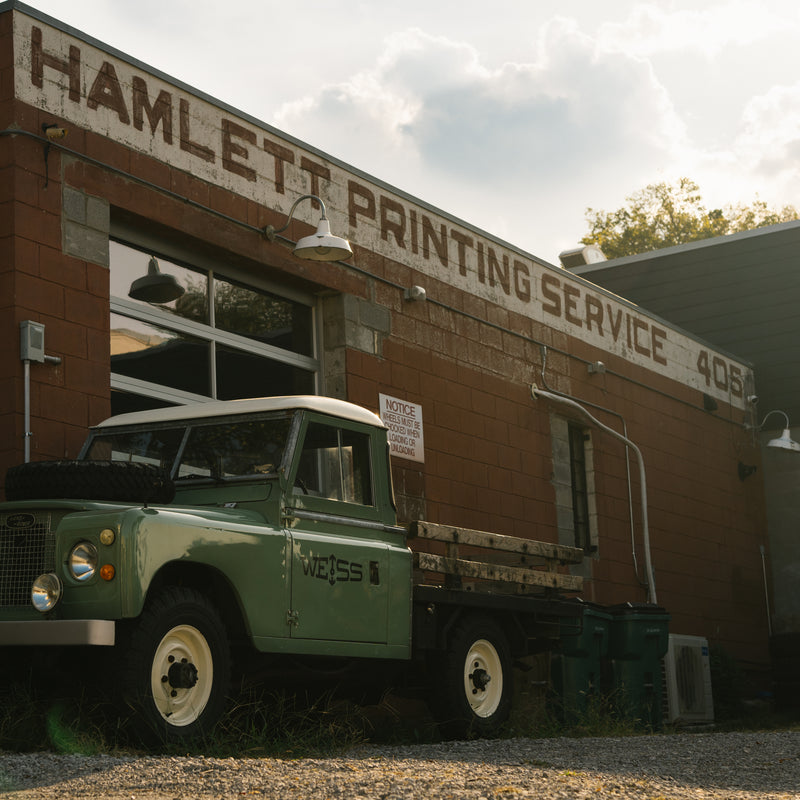Today begins our first monthly Q&A session with our founder and master watchmaker, Cameron Weiss. We hope you enjoy a dive into his passion for watchmaking.
Q: How did you get interested in watches?
A: I was always interested in finding out how things worked. When I was five, I took my dad’s Seiko apart after it fogged up, but I couldn't fix it. It ended up being garbage, but my aunt put a photograph of me inside of it, and she asked us to keep it. She must have had a feeling about my future.
Q: What was your first watch?
A: My first watch was a colorful Swatch watch.

Q: What was your first step into turning your passion for watches into a career?
A: The very first step was figuring out how to become a watchmaker. While a lot of knowledge can be gleamed from reading, in order to earn a certification you have to attend a watchmaking school.
My parents' friend from Germany introduced me to WOSTEP (Watchmakers of Switzerland Training and Educational Program), and from there I did research to find out where schools existed that I could attend. You have to apply to be accepted into a school before starting the program.
Q: Where did you attend watchmaking school and what was the WOSTEP program like?
I attended the Nicholas G. Hayek School for Watchmaking in Miami for 2 years in an apprentice-style classroom with only six students and two teachers. We used traditional hand tools and studied micro-mechanics, watchmaking theory, and the practical repairing of timepieces. At the conclusion of the course, each person takes a final exam to gain certification and most watchmaking job acceptances hinge on passing the exam, much like sitting for the bar.
Q: Did your schooling provide you with the proper expertise to launch your own company?
A: I received further training while working for two Swiss companies, and I got to train in very complicated timepieces abroad. The Swiss believe that you must show your worth and earn training to advance levels, so they will have you sit and focus on a challenging aspect of watchmaking until perfection is achieved. They want to see how you handle the parts and interact with them before they teach you more. I learned to heighten my standards, explore delicacy, and master patience to work on complications. Although Weiss Watch Company is not focused on complications at this time, the experience of learning these elevated standards was a beneficial launching path to creating my own movement.
Q: What was the most valuable thing you learned during your training?
A: Learning was incredibly valuable, but the lifelong connections I made in the process were even more valuable. I now have watchmaking mentors and industry leaders that I can consult with when I need assistance or advice.
If you have any questions you would like to see in our new once-a-month Q&A with our founder, please email them to info@weisswatchcompany.com.
